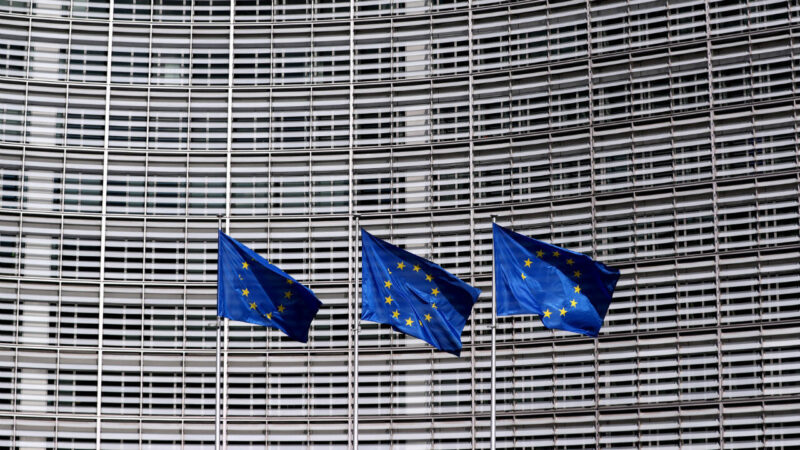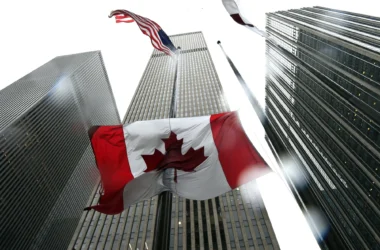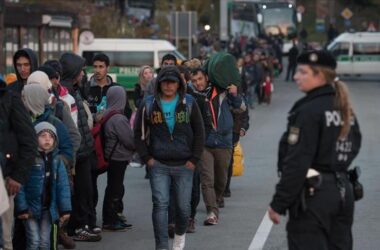Belgium is spearheading a growing European effort to pressure the European Union into severing trade ties with Israeli settlements in the occupied Palestinian territories.
Backed by several EU nations, including Finland, Ireland, Luxembourg, Poland, Portugal, Slovenia, Spain, and Sweden, the initiative—revealed in a leaked letter—comes just ahead of a key meeting where EU foreign ministers will consider potential sanctions against Israel.
The EU foreign ministers are set to meet on Monday, June 23rd, to review the EU’s association agreement with Israel, with discussions likely to include documents prepared by the office of EU foreign policy chief, Kaja Kallas. The letter, which targets the activities of Israeli settlements, calls for a stronger stance, possibly even leading to sanctions against influential Israeli figures. Yet, the proposed measures come with significant risks. While Israel’s actions since the October 7th pogrom have been described as defensive, the EU’s stance toward Russia’s invasion of Ukraine involved far stricter punitive actions, raising questions about the consistency of European foreign policy.
The nine European countries advocating for tougher measures against Israeli settlements seem more concerned with appearances than real impact. While they push for action against Israel’s policies, the precise scale of trade between the EU and the Israeli settlements remains murky, with no clear breakdown of the €42.6 billion trade that the EU shares with Israel. The lack of transparency makes it difficult to pin down how much of this is linked to the settlements, but the focus appears less on specifics and more on casting Israel as the aggressor on the global stage.
If successful, this initiative would pressure the European Commission to devise a series of punitive actions against Israel, although there’s no clear timeline for when such measures could be implemented. The nine ministers have crafted a vague statement, claiming their aim is to ensure EU policies don’t inadvertently perpetuate an “illegal situation”—a thinly veiled condemnation of Israeli practices.
While Belgium pretends to champion international and humanitarian law in its pursuit, the real target of this campaign is unmistakably Israel. This move highlights an increasingly polarized EU, with countries like Germany seemingly content to support Israel, offering rhetoric of restraint while still protecting its interests. In contrast, the nine-nation bloc led by Belgium seems determined to isolate the Jewish state further.
The upcoming EU trade discussions may intensify these divisions, unless the EU’s more passive members end up switching allegiances. The broader question remains: is this a genuine effort to uphold international law, or simply a performative move aimed at pushing Israel into further international isolation?




